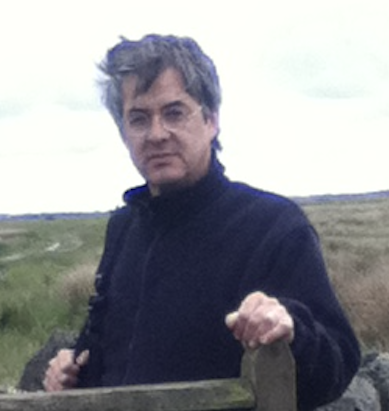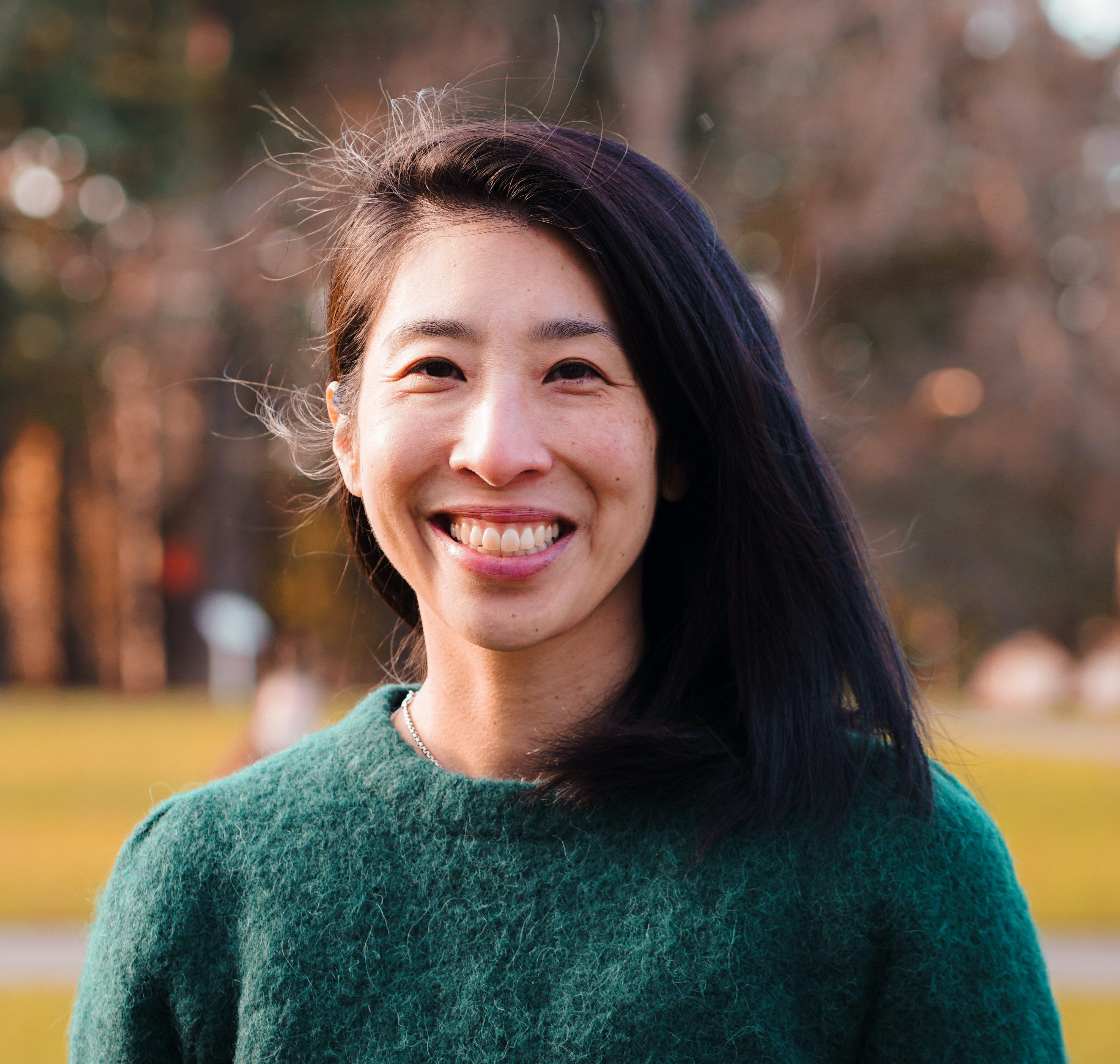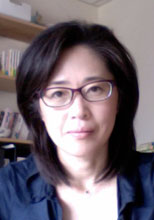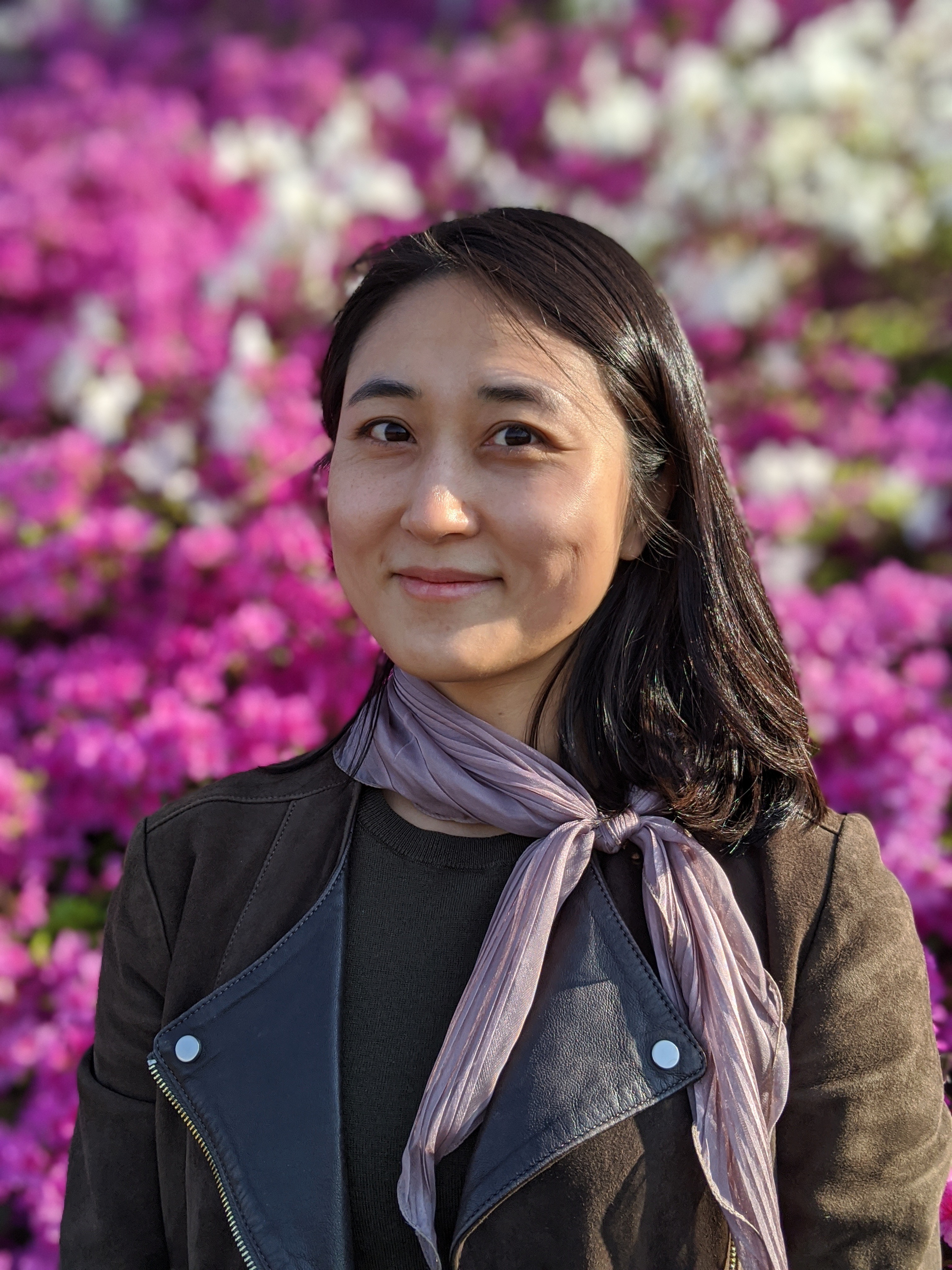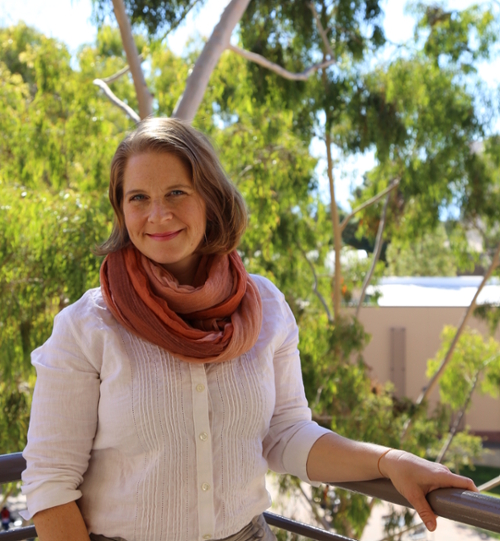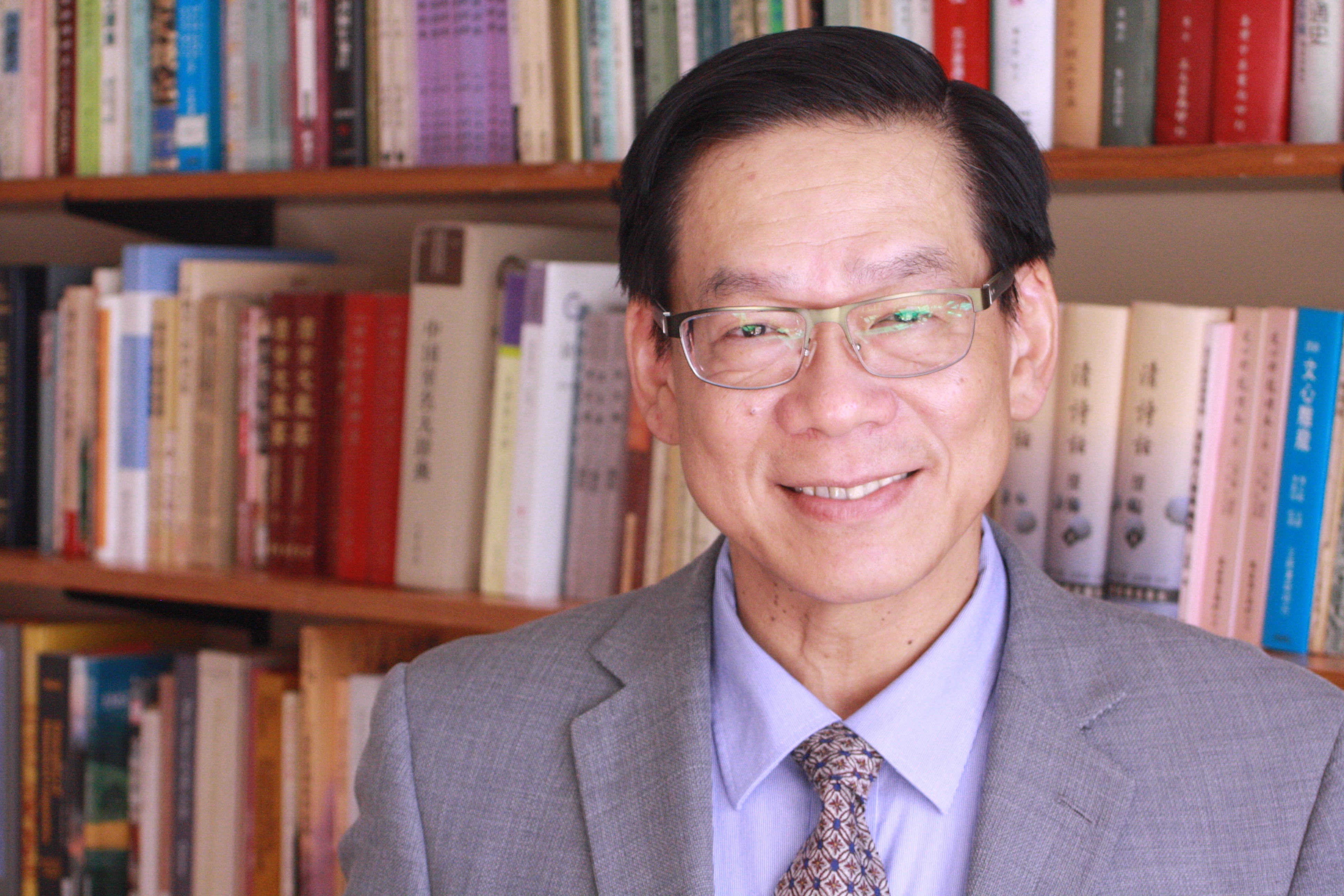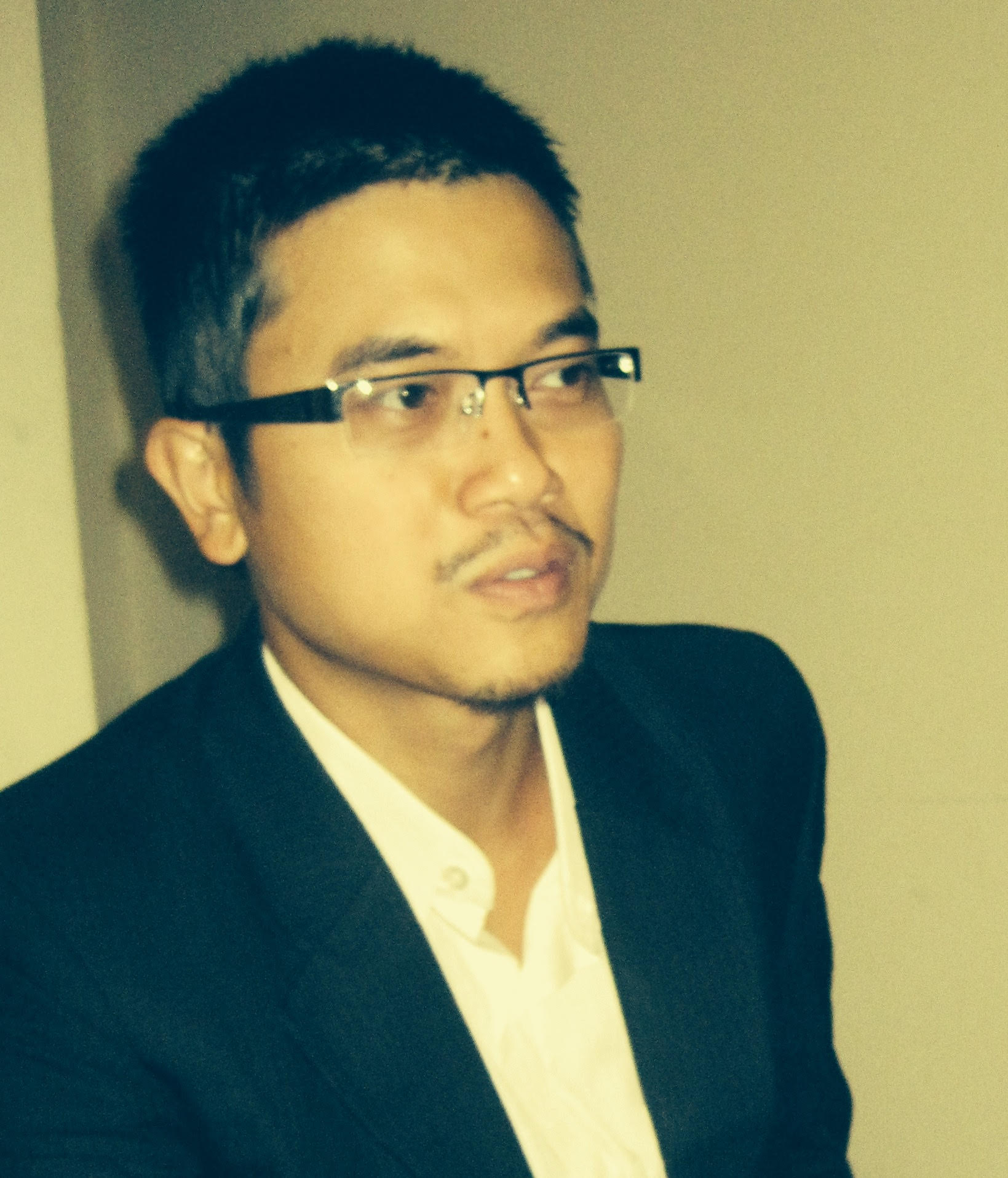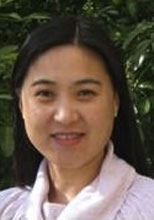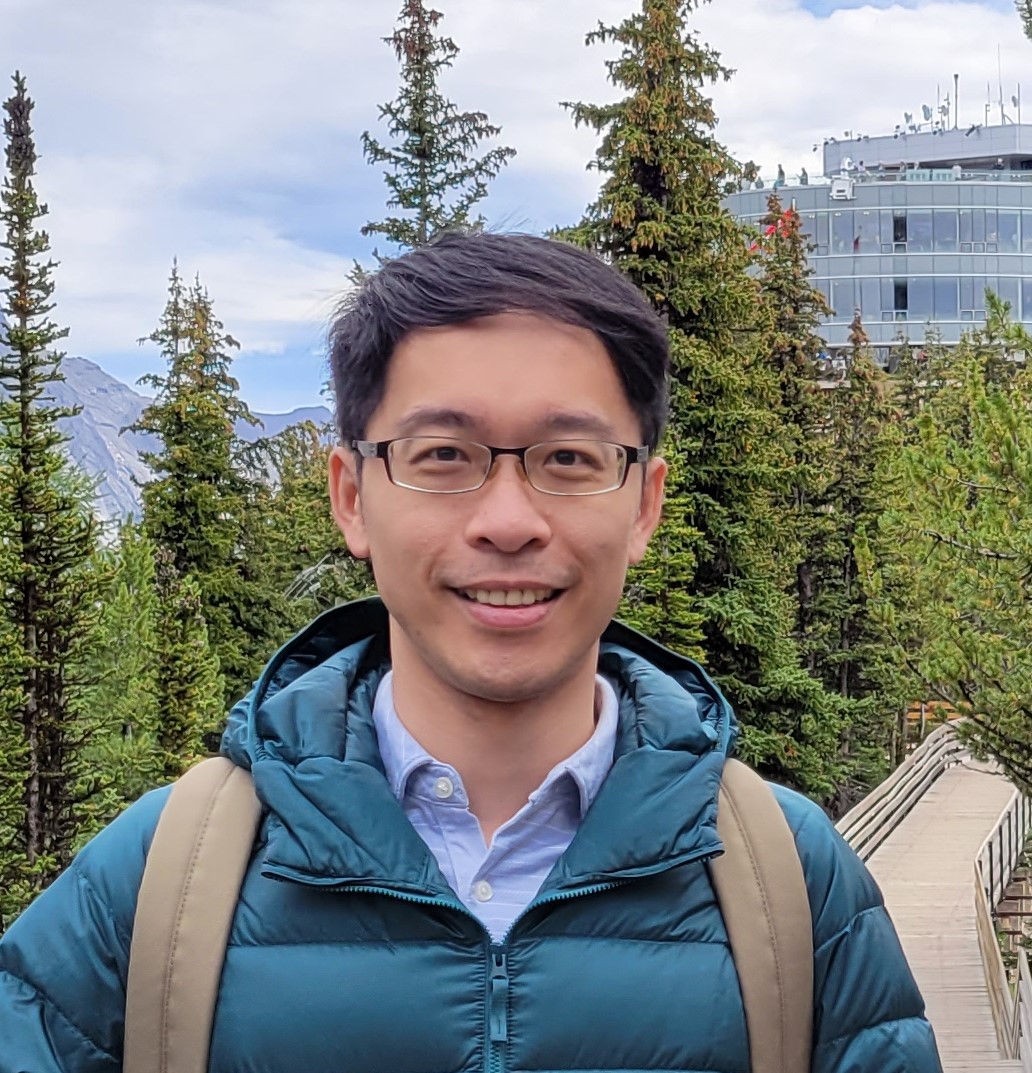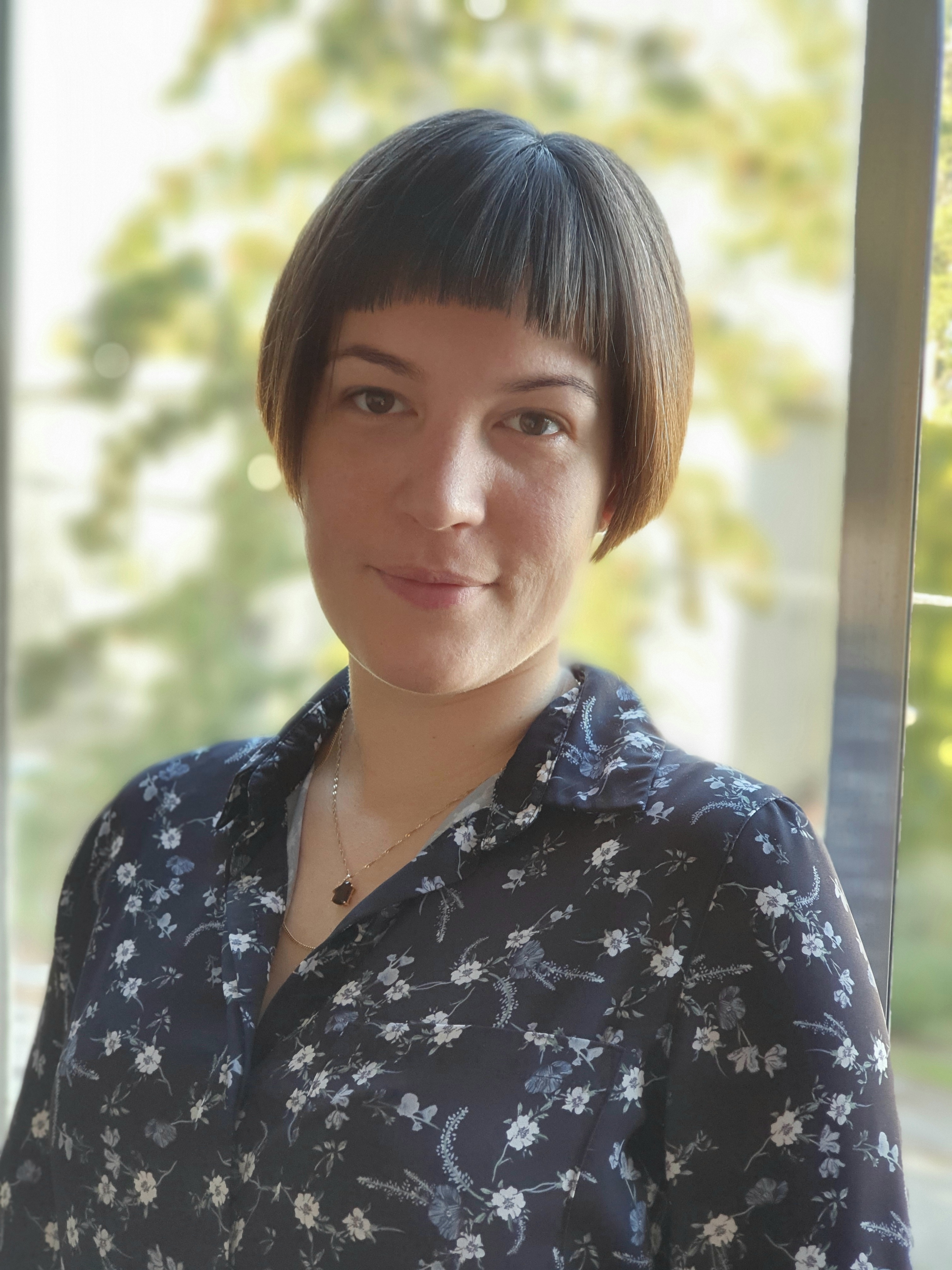Our People
Faculty
Associate Professor
Religion, Culture, and Society Program/Pacific and Asian Studies
Office: CLE C231
Associate Teaching Professor; Japanese Language Coordinator
Pacific and Asian Studies
Office: CLE C219
Associate Professor; Undergrad Advisor
Pacific and Asian Studies
Office: CLE C212
Assistant Professor
Pacific and Asian Studies
Office: C218
Associate Professor; on Leave till June 2026
Pacific and Asian Studies
Office: CLE C211
Associate Professor; Graduate Program Advisor
Pacific and Asian Studies
Office: CLE C204
Associate Teaching Professor; Chinese Language Coordinator
Pacific and Asian Studies
Office: CLE C221
Sessional Instructors
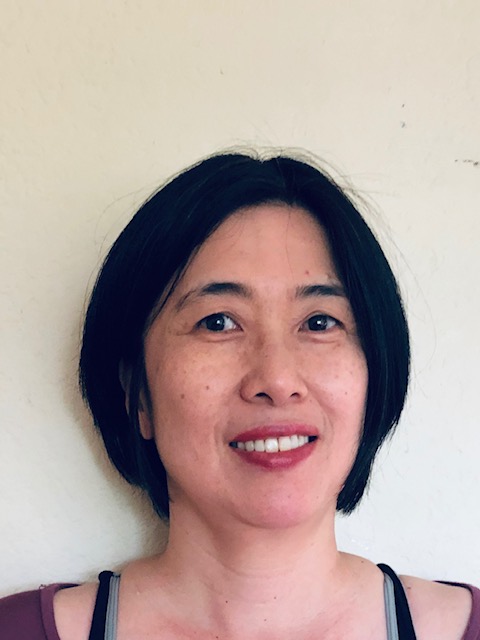
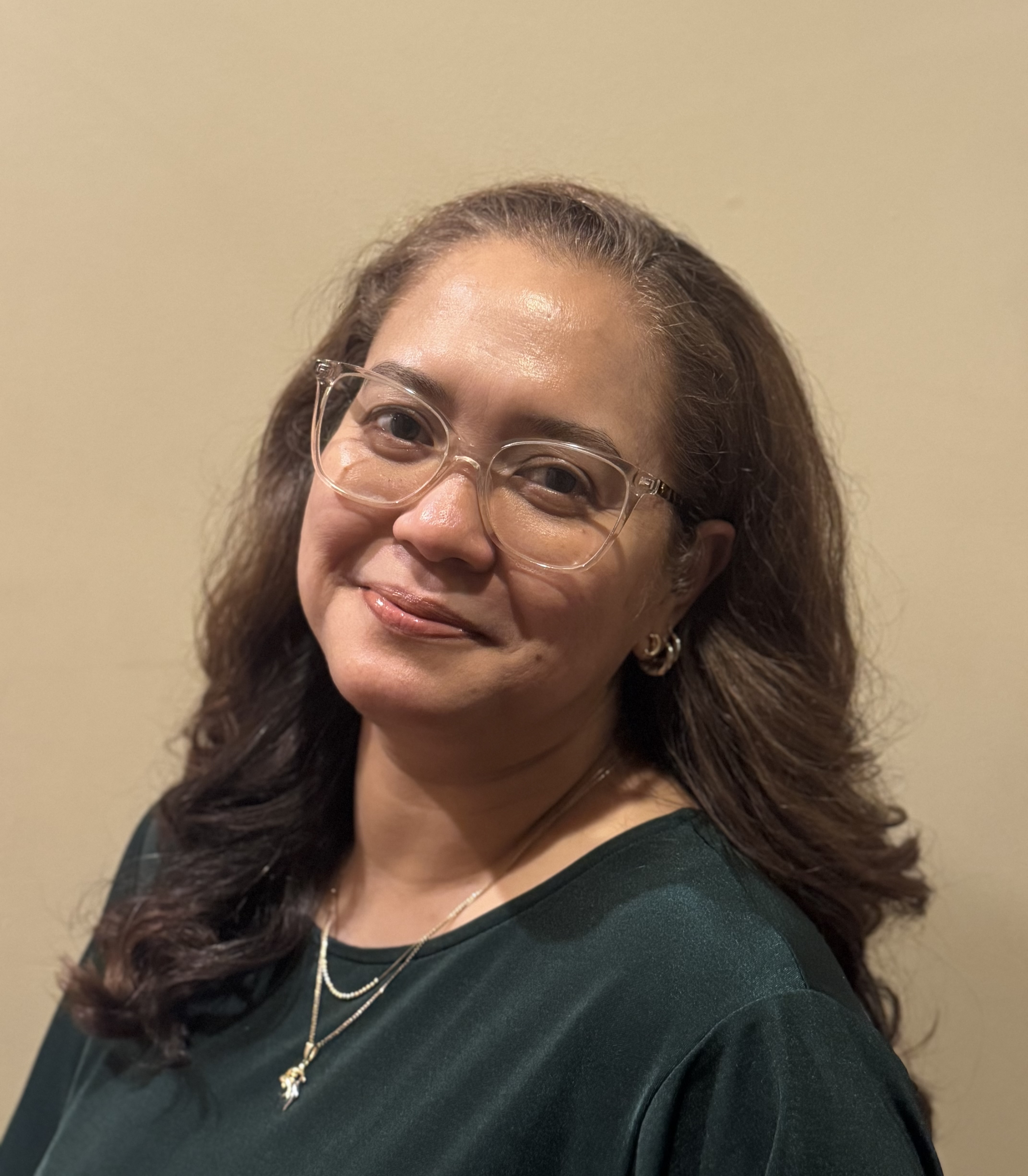
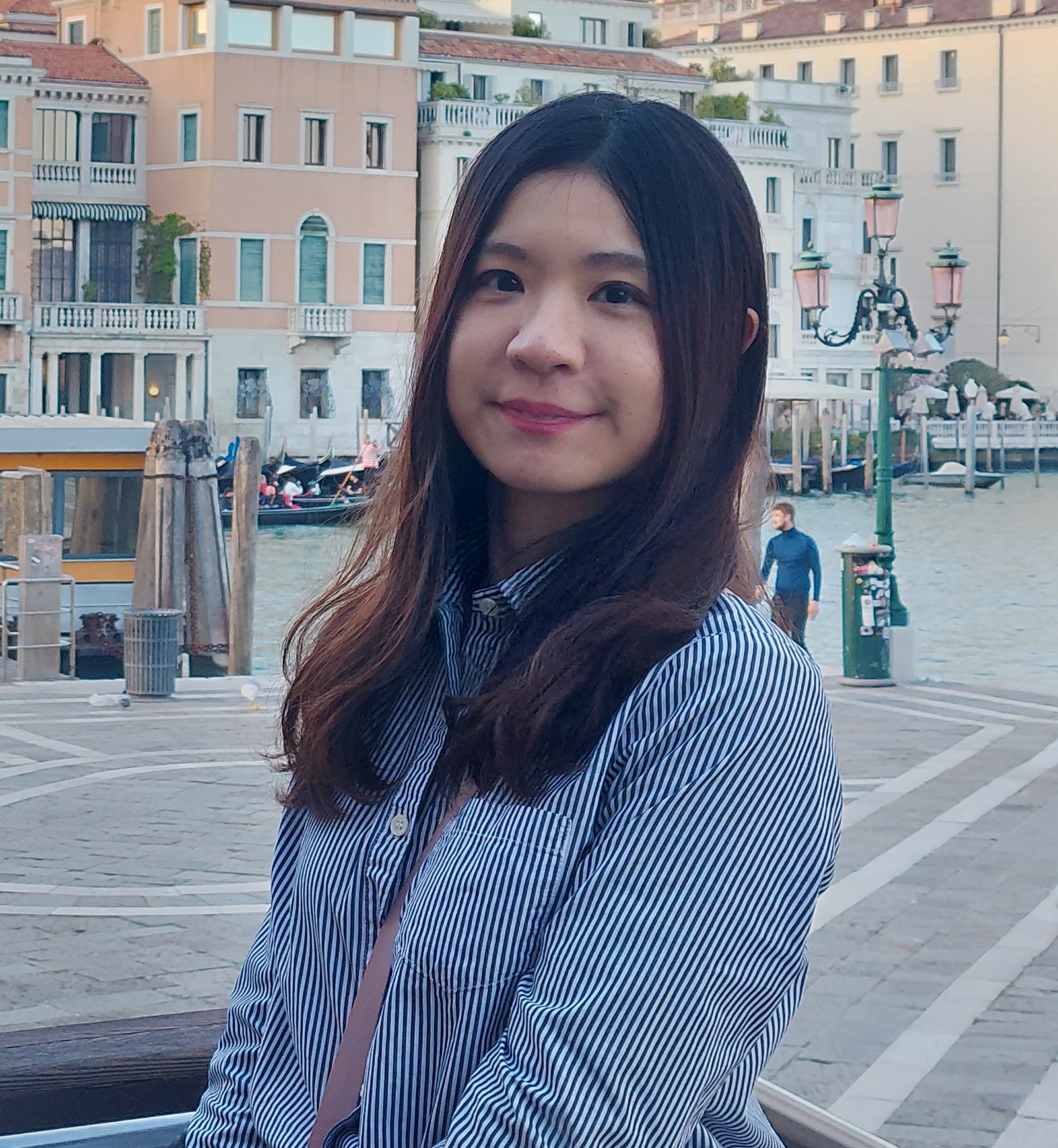
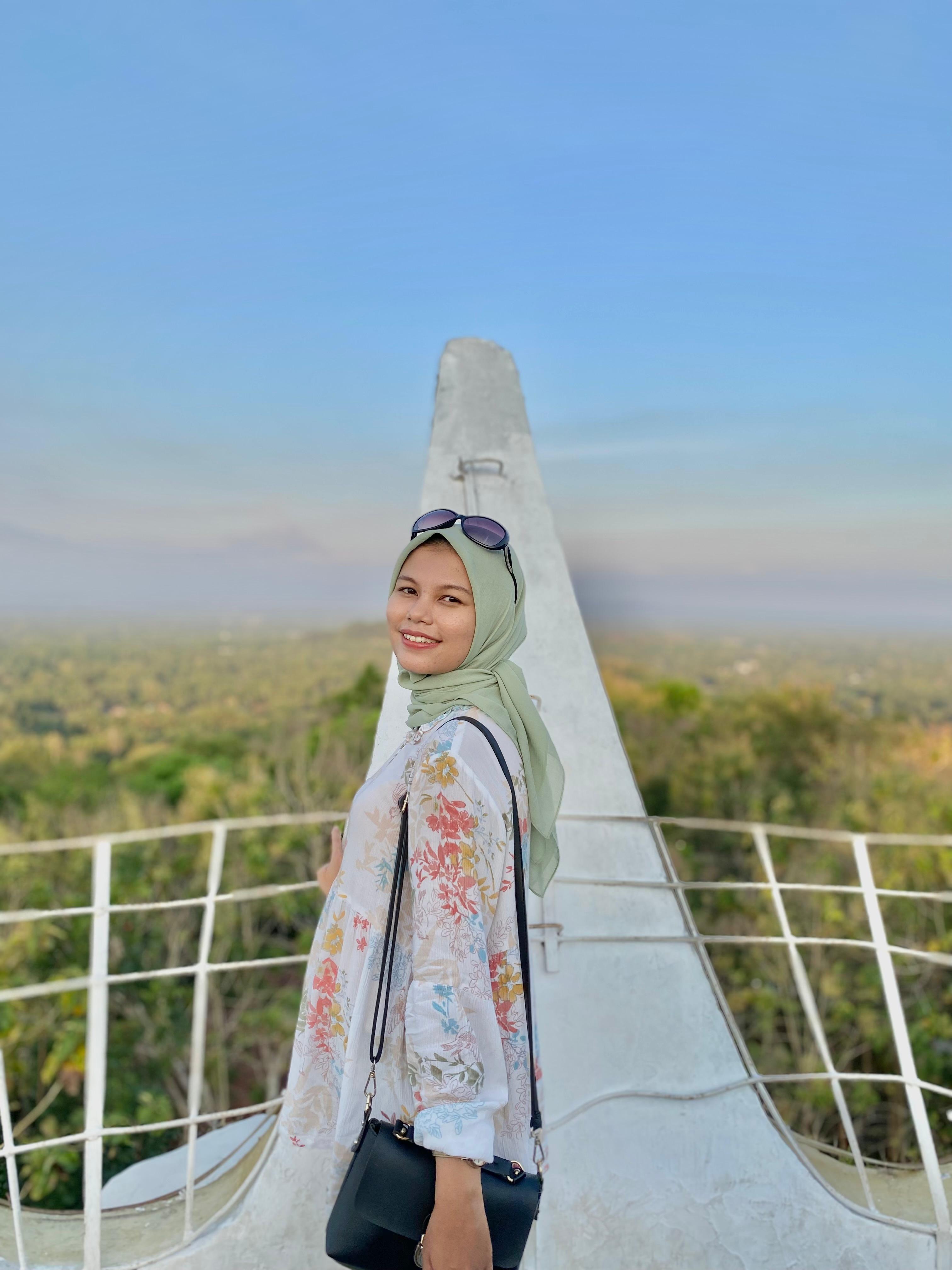
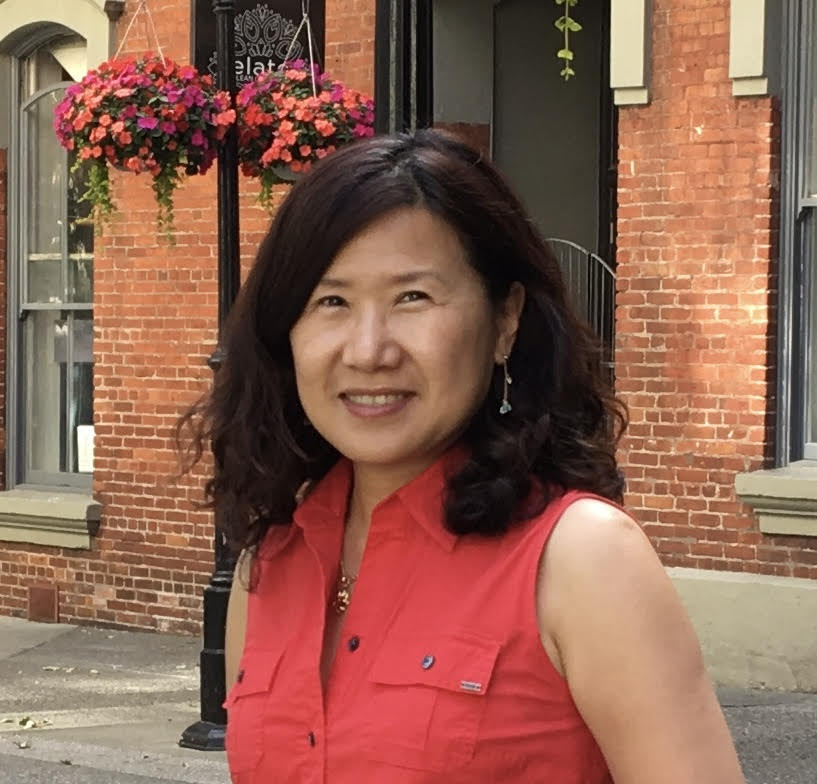
Staff
Graduate Secretary
Pacific and Asian Studies
Office: CLE C205
Assistant to the Chair
Pacific and Asian Studies
Office: C205 - Clearihue Building

